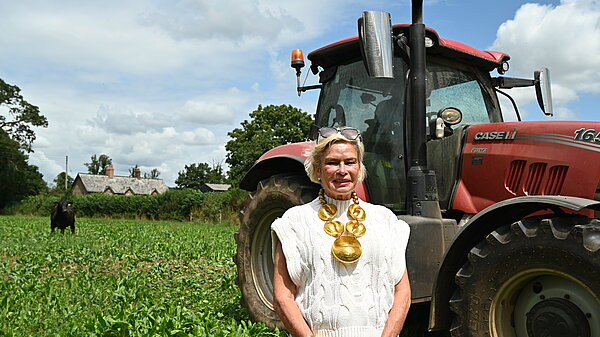
Rachel Gilmour MP Launches March and April Surgery Schedule
Rachel Gilmour MP is going around the constituency across March and April, as part of her continuing roving surgery calendar - here are the dates and locations

Working for YOU in Tiverton, Minehead, Dulverton, Uffculme, Stogursey, Wiveliscombe, Watchet, and the surrounding towns and villages.

Rachel Gilmour MP is going around the constituency across March and April, as part of her continuing roving surgery calendar - here are the dates and locations

Rachel Gilmour MP was in Watchet on Monday 16th February, to help launch PROMISEworks' new campaign for mentors, providing support for young care experienced and care leavers aged 5-25.

Following recent acquisitions of premises from Jhoots in Tiverton, Minehead and Williton, Rachel Gilmour MP met with Allied Pharmacies in Parliament to discuss their services and details of the takeovers.

Last month, Rachel Gilmour MP met with officials from the Department for Education to receive an update on the rebuild of...

Do you want to work in the fast paced world of political communications? Fancy joining a close-knit and highly effective team? This is the job for you - see details below

Following a recent meeting with Somerset Coast Area Co-ordinator Sue Bill, Rachel Gilmour MP is now working with Somerset-based charity PROMISEworks to provide more support to young people across the Tiverton and Minehead constituency.

Our pragmatic, costed and achievable plan that would make a real difference to graduates now, while also fixing the system for the long term.

Lib Dems announce plan to replace Treasury with new Department for Growth based in Birmingham

Help us stamp out this sort of appalling behaviour in our party – and across our society.